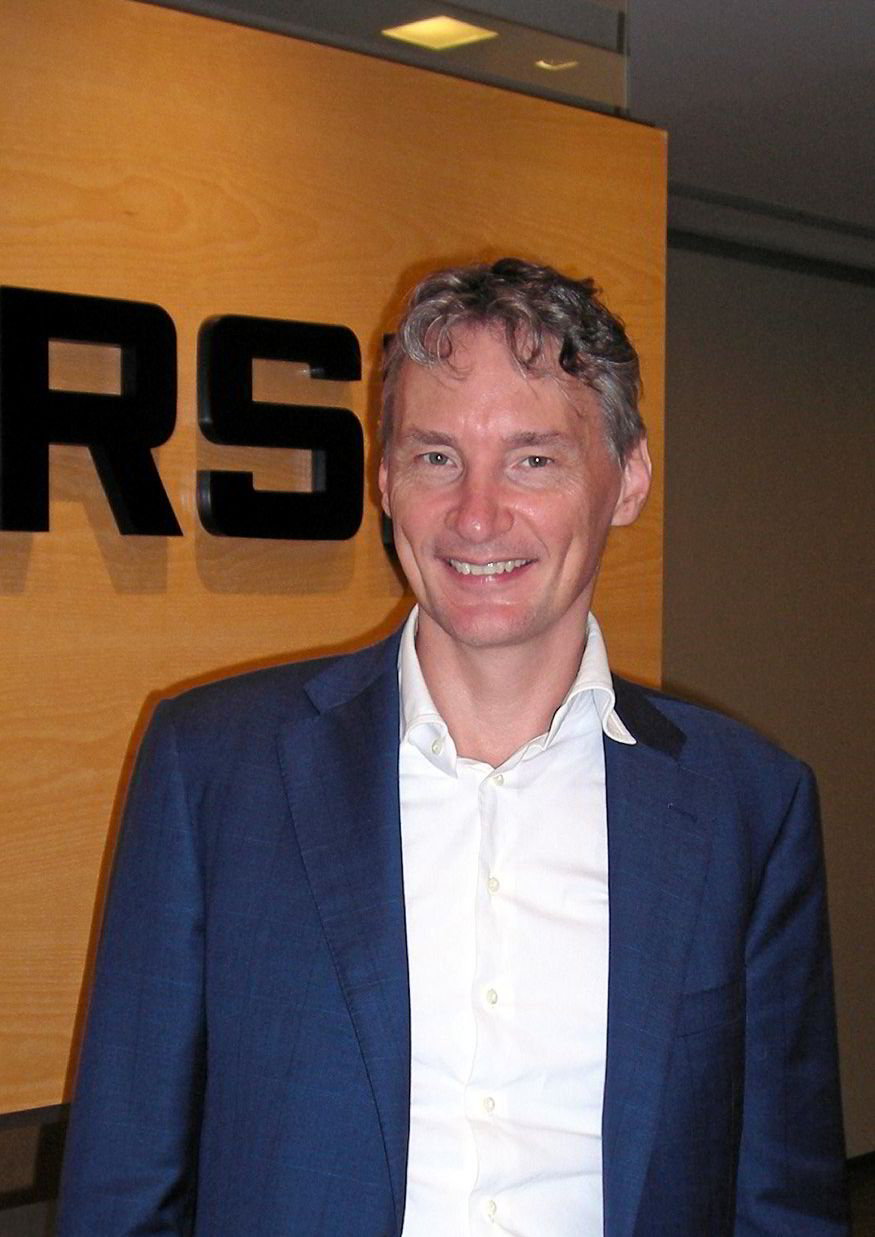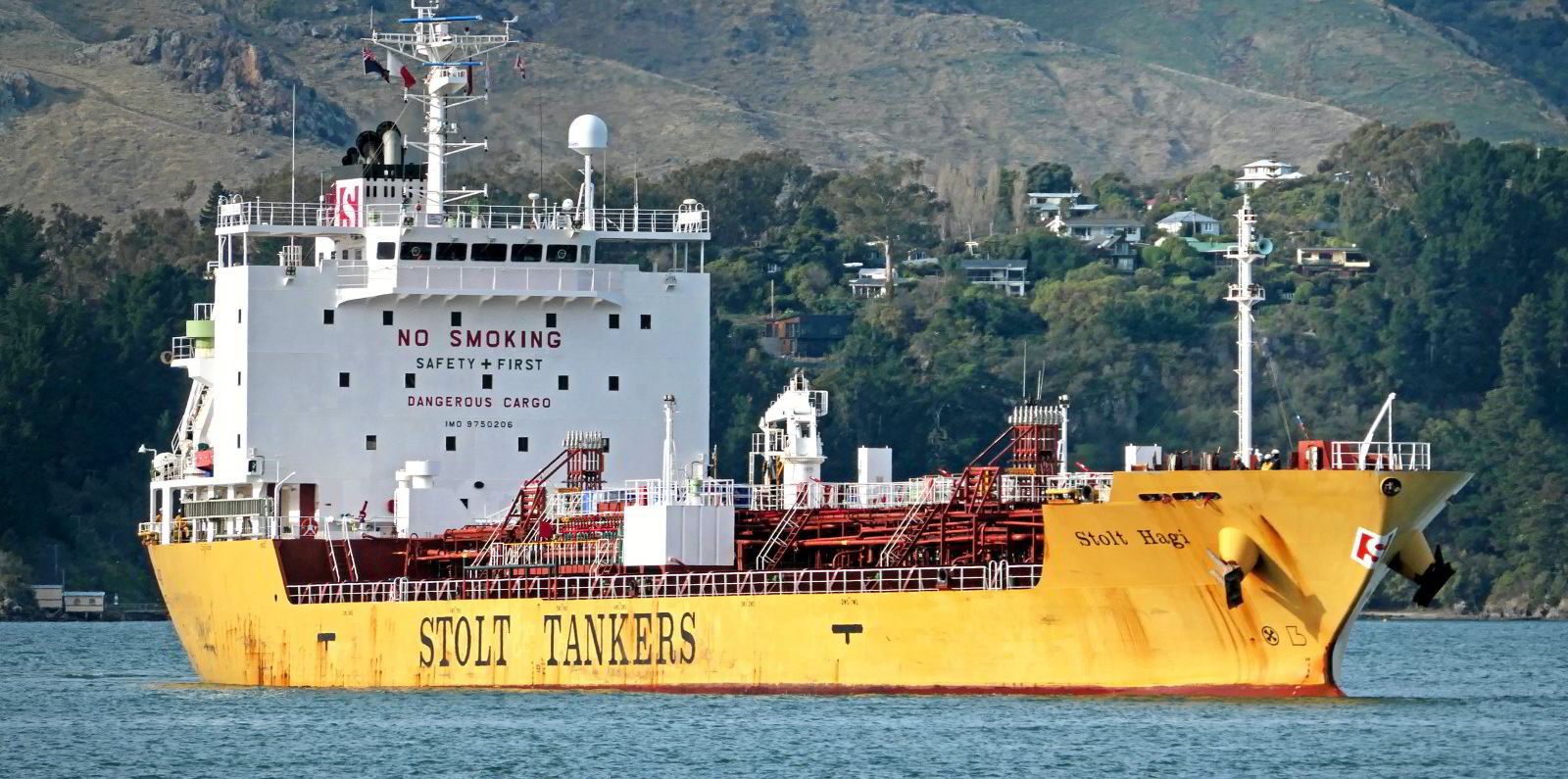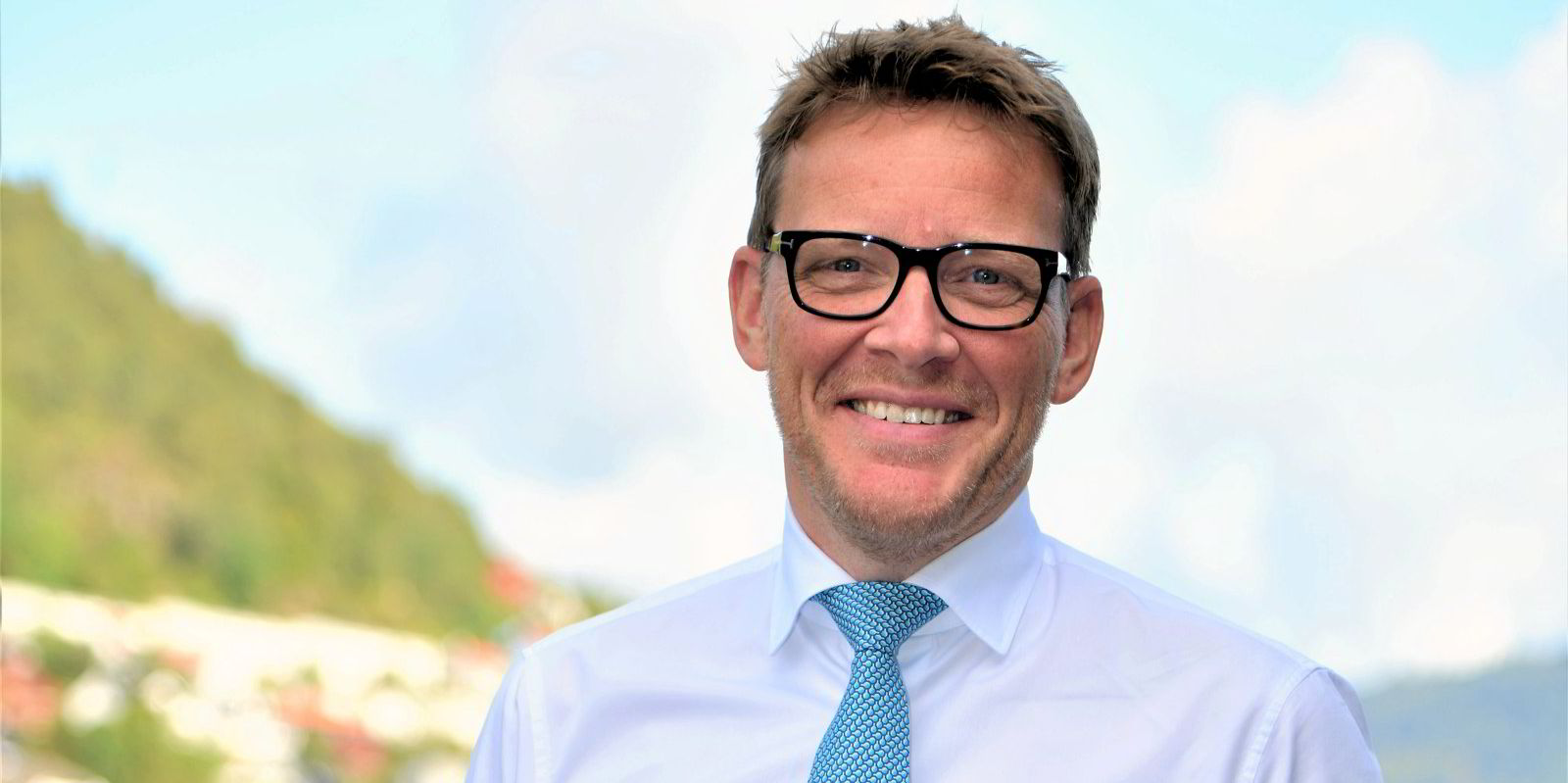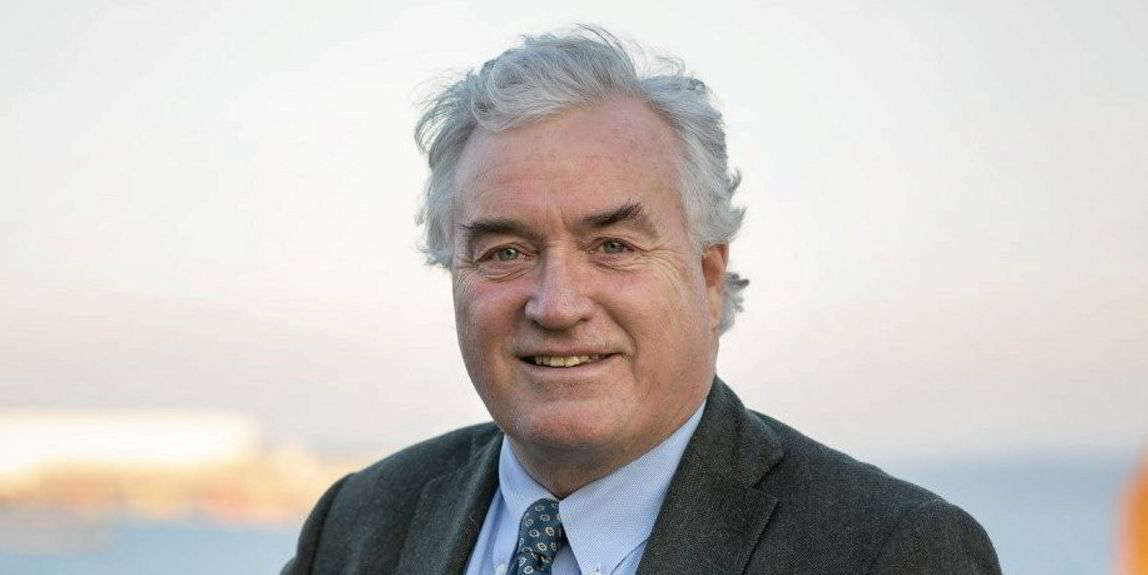Stolt Tankers president Lucas Vos urged his fellow chemical tanker owners on Wednesday to show leadership and refrain from imitating "the frenzy we see in containerships".
Fellow shipowners on Capital Link's Maritime Forum Norway supported Vos's view, in addition to concurring with Clarkson Platou Securities' outlook for an upswing for the battered sector.
Vos was among several chief executives of Norwegian chemical tanker owners and managers concerned about "maintaining sector leadership" in the Capital Link.
He was joined by Odfjell's Kristian Morch, Hans Solberg of Hansa Tankers, Axel Eitzen of Christiania Shipping, and Mark O'Neil of Columbia Shipmanagement and Stodig Ship Management, Columbia's fresh joint venture with Bergen-based Seatrans.
Panellists and listeners to the online conference were told that three factors are driving demand in the right direction and can support a recovery in chemical shipping.
Clarksons Platou Securities investment banking director Christopher Eitzen told the panel that on the supply side, sister company Clarkson Research sees a strong correlation between global gross domestic product growth and the special products trade. Global recovery after Covid-19 can be expected to have a payoff.
Odfjell's Morch agreed.
"We share the view of strong demand growth," he said.
He pointed to shrunken chemical inventories in Asia, which Odfjell thinks could lead to up to 6% growth in demand from the second half of this year.
The more specific arguments in the Clarkson analysis come on the supply side. Three supply factors support a strong outlook for chemical tankers: the growing length of the average haul in the chemical trades, the exit of swing tonnage from the market and negative fleet growth.

As a long-term trend, longer voyages are taking vessels out of circulation for longer periods of time. As a matter of current market factors, recovery in other tanker sectors means that fewer product tankers are being tempted to cross the line and poach chemical carrier owners' easy cargoes.
Think before ordering
But the biggest positive factor on the supply side is negative fleet growth.
An ageing chemical tanker fleet is not being renewed at the same rate as it is being scrapped, and there is still a large number of scrap candidates in the fleet, said Clarksons' Christopher Eitzen. That balance could tighten even more if uncertainty about emissions technologies makes owners remain hesitant to order.
Vos called for "leadership" by Norwegian chemical tanker owners.
That means "showing some restraint on supply — not going into the frenzy we see in containerships and breakbulk", Vos said, and found no one to dispute that view.
Christiania's Axel Eitzen and Odfjell's Morch addressed two other closely related key topics: the chronic tight margins that chemical carriers live with because of the pricing of their long-term contracts with industrial customers, and the undervaluation of chemical carrier owners' shares.
"What is needed is increased efficiency and increased yield, and then the share prices will come after, and the discounts will go away," said Eitzen, who is hopeful of building up Christiania into a publicly-listed owner able to participate in consolidating the industry.






